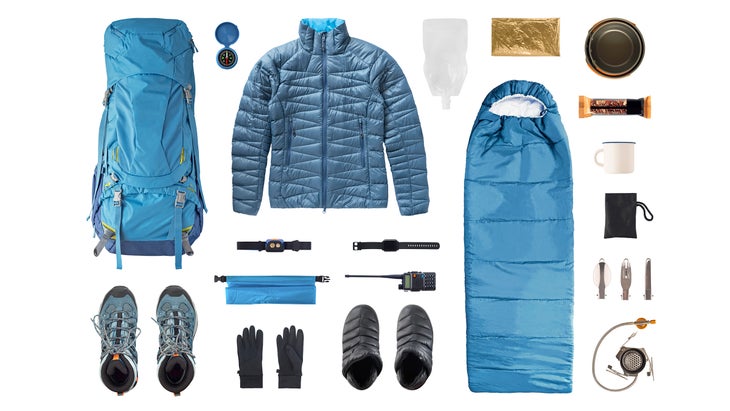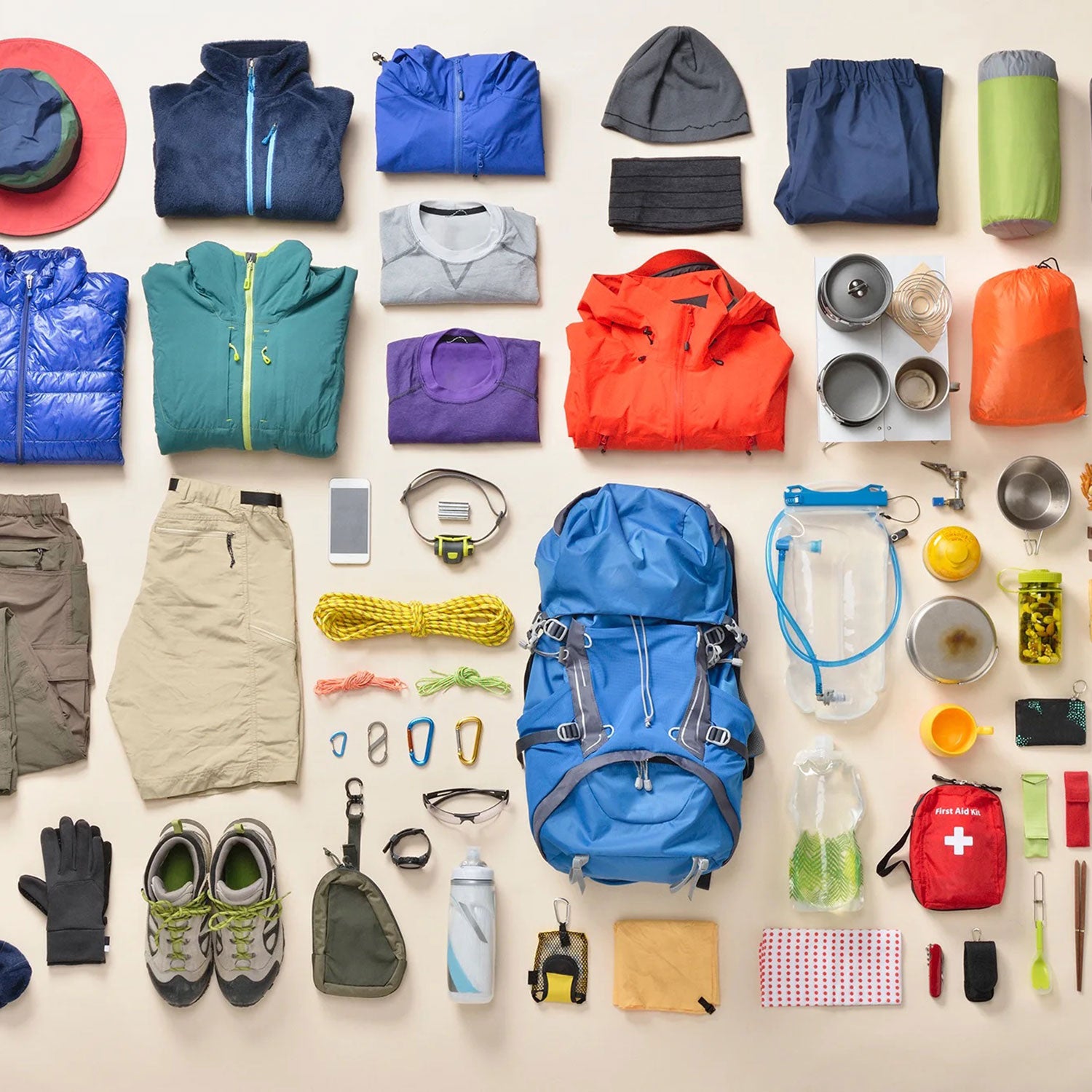When I first sat down with a therapist at my university a couple of years ago, one of the first things I discovered about myself was that I do not like being out of control. At the time, that was exactly how I felt: Careers for environmental humanities graduates are generally hard to get and low-paying, and with my thesis nearly finished, I was hurtling towards a formless future. At the same time, I was also struggling with an uncertain relationship that had left me feeling adrift. To put it simply: I was dealing with some stuff.
When my therapist asked me if there were any areas of my life where I did feel I was in command, I had no answer for her. But after the session, as I walked out onto the cold, sunny campus, I did what I usually do when confronted with thoughts I’d rather not address: I started thinking about buying ���Բ��ٱ�.��
I slipped into thinking about the imperfections in my backpacking kit. The pack I had been using was comfortable under multiday loads but heavy; I could replace it with a lighter one, I thought. My mind swirled with combinations of , , , and . It was only later that I realized I had stumbled into the answer to my therapist’s question: Even if I couldn’t solve the larger problems vexing me, by buying new gear I could feel like I was in control of something and changing my life for the better. But was that healthy?
Backpacking is a huge part of my life; I’ve enjoyed it since I was a kid. Over the last 15 years, as I found myself on the trail more and more frequently, it has become more or less a lifestyle. I’m also an unabashed gearhead, which in the backpacking world usually has a non-negative connotation. But there are other names for what I’m doing, names that seem to hold more weight. Sometimes the terms or emotional spending are applied to the act of buying things in order to feel better. found that retail therapy does indeed reduce sadness by “restoring personal control over one’s environment.” I don’t think that’s inherently a bad thing: Maybe replacing my 20-year-old, 4-pound tent with a brand new ultralight shelter is exactly the thing I need to get me over the hump after a string of challenging months. But after that therapy session and watching my mind immediately slide into thinking about gear, I began to wonder if being a gearhead could actually subvert the healing process.

It’s likely that I learned how to establish a sense of control through retail therapy when I was a kid. I couldn’t force others to give me attention, affection, or acceptance, but I could lust after obtainable objects, and maybe even get them. When my parents did buy me Ninja Turtles or Legos, I remember feeling temporary elation, followed immediately by a sinking awareness that the object in my hands wasn’t going to fill the need I felt in any lasting way. As an adult, I experienced that same emotional roller-coaster ride when I replaced my old sleeping bag with a lighter, more comfortable, and warmer model. It wasn’t just the moment of acquisition that gave me that joy: I felt it when I identified the problem, which was that my old sleeping bag was too narrow. Then I felt it when I found a viable replacement, when I purchased it, when I occasionally remembered that it would eventually arrive, and finally when I unboxed it.
As a result of that entire, drawn-out process, though, I let other things in my life pass me by unnoticed. When I buy backpacking gear to avoid specific thoughts, I end up distracted from virtually all experiences, not just the inconvenient ones. I miss out on conversations with friends, the way the clouds catch the last light of day, , the smell that signals fall is on the way.
If you’re the kind of person who loves making incremental improvements to things, buying backpacking gear is a perfect outlet. It’s a never-ending problem-solving wellspring. Every piece of gear I buy makes me more prepared, more capable to withstand whatever I might encounter on the trail, I think. And the open-endedness of this process means I always have somewhere to go to feel a sense of control when the rest of my life is crumbling around me. But in the end, that control is an illusion. In real life, I can’t buy a four-season tent to protect me from the turmoil of a breakup; I just have to stand out in that horizontal sleet and let it hit me.
I still appreciate the sense of control I feel through creating and solving backpacking gear-related problems. But now that I can recognize the way I’ve used that strategy as an escape, I’m more able to recognize its limits. Now I sometimes choose to lean into those uncomfortable thoughts, sit with them, and experience them fully. It can be excruciating at times, but I’ve found it to be the only way for me to really work through grief, stress, or interpersonal issues.
Now, when I feel my brain drift from my woes to the benefits of dome tents over pyramid shelters, I try to catch myself and pull back. It not only helps me deal with my problems, but also helps me experience the world around me much more fully. Ultimately, backpacking itself becomes more enjoyable: I make every step on the trail with intention, with control, with a purpose I’m thrilled to have regained. I am present, and that’s what matters most.


